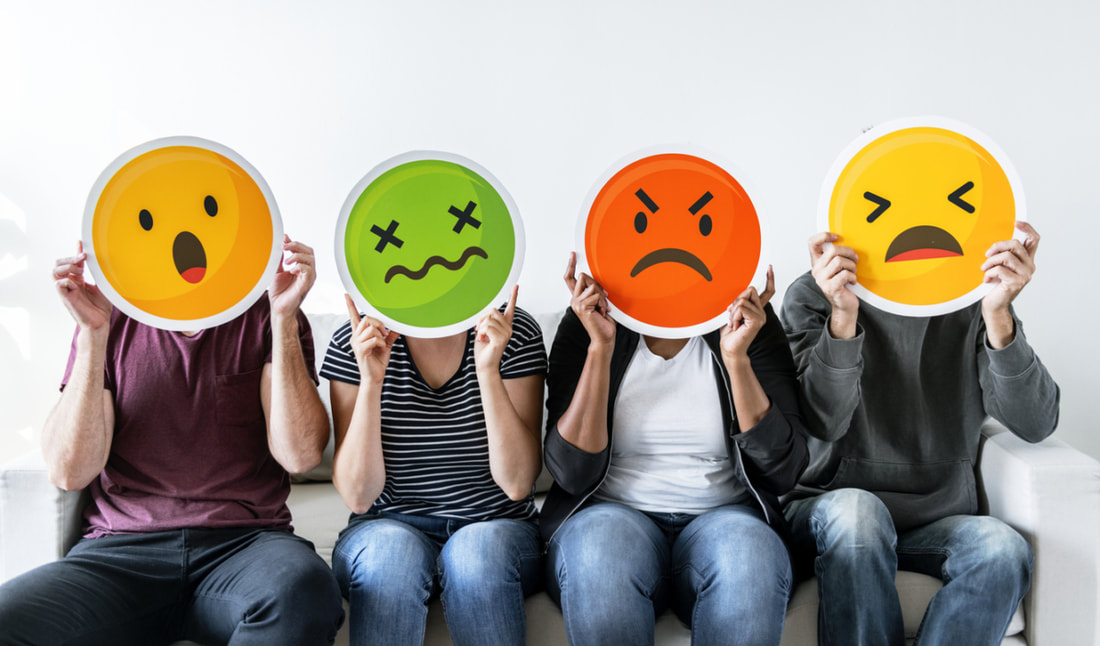|
A thirst to self-improve and achieve is a double-edged sword. It can lead to a life filled with meaning and growth. It also holds the danger of cultivating a chronic sense of inadequacy or greed. Always chasing the next improvement, the next achievement, satisfaction fleeting and quickly dismissed. Never feeling like who you are or what you’ve done is enough.
This is a big problem, yet abandoning your goals hardly seems like a good solution. Is there a way to have the benefits without the cons? The approach I find works for me is what I call opticontentment. Opticontentment is a term I coined because I couldn’t find a word for it in the English language. It’s a portmanteau of the words “optimizing” and “contentment” because it fuses the two concepts. It means to be optimizing, trying to improve and grow, while at the same time being content and happy with where you’re currently at. It could be characterised as replacing the sentence, “My life is good, but it could get better” with, “My life is good, and it can get even better”. What this looks like is a deep gratitude for what you’ve already done, for who you are, and wanting to do even more. How do you achieve this state? Having the word for it in the first place will help, providing a way for your brain to quickly access the concept. The next step is to try to internalize it. You can use the methods I wrote about here to internalize new beliefs or thought patterns. These are a good first few steps, and I feel opticontented about them. I have every intention of discovering and developing even more techniques on implementing them, and I’ll be sure to share them with you when I do!
0 Comments
When you have an emotion, first ask if it’s valid, then ask if it’s proportionate. I originally read this gem in a book on anxiety, but it can really be applied to any emotion.
You can view most emotions as having a purpose or making an assessment of the world. Fear protects you from danger. Anger protects you and those you care about from injustice. Disgust protects you from disease and poisons. Emotions carry messages. Ignoring them or trying to push them away will often just make them try to say their message louder. A skillful alternative reaction to your feelings is to ask yourself first, is this message true? Your worry says you’re in danger. Are you really? You anger says a boundary has been transgressed. Is that actually true? Sometimes yes, sometimes no. Sometimes when you take a step back, you’ll realize that the emotion is misfiring. You’re scared of a snake that is small, not poisonous, and not aggressive. You’re angry at your partner for snapping at you, but really, you just had a bad sleep and an impartial observer would say that they had spoken in a neutral tone. This step often diffuses a lot of the emotion. It won’t immediately go away, since most feelings take awhile to dissipate from the body. However, it won’t be fed by recurring thoughts and beliefs that keep stoking the fire. If it’s not fed more firewood, it will eventually die down. What about when it is valid? Sometimes you’re anxious about bears, and it’s because you’re in bear country and you saw some bear scratches on a tree recently. Maybe you’re feeling angry because somebody did indeed do something wrong. The next question is whether the response is proportionate to the size of the problem. If you’re in bear country, your odds certainly go up of an attack, but you’ve taken all reasonable precautions and the frequency of bear attacks is vanishingly low. Maybe a minor amount of anxiety might be warranted, but feeling twitchy about every sound in the woods is too high. This step can help because we often actually want to keep the feelings that make us miserable. This is because we think they’re useful. We think being anxious will push us to succeed, that anger will protect our rights and change people’s behavior. This may or may not be true, but often the “dose” of the emotion needed to accomplish this is much lower than what you’re feeling. In fact, the dose might be so high as to have a negative impact. Your anxiety might cripple your performance, your anger might make people dig in their heels or simply get angry back. When you realize that the emotion might be valid but not proportionate, it removes a block that stops you from fixing the emotion. Now instead of having two warring desires in your head, both to be safe and to be less stressed, you can simply have the goal to reduce your worries to a more useful level. Again, these questions in themselves are usually not enough to alleviate the emotion in the moment, but it can often be the deep work that can get to the root of the actual issue, preventing it in the future, or removing a barrier that’s stopping you solving the real problem. |
Popular postsThe Parable of the Boy Who Cried 5% Chance of Wolf
The most important lesson I learned after ten years in EA Why fun writing can save lives Full List Kat WoodsI'm an effective altruist who co-founded Nonlinear, Charity Entrepreneurship, and Charity Science Health Archives
June 2024
Categories |
Proudly powered by Weebly


 RSS Feed
RSS Feed